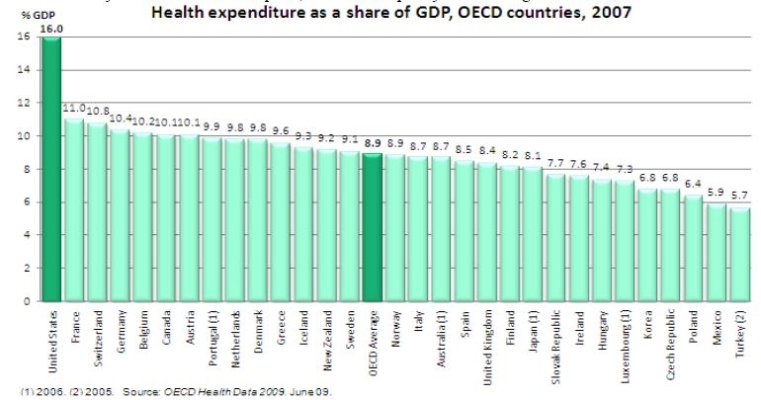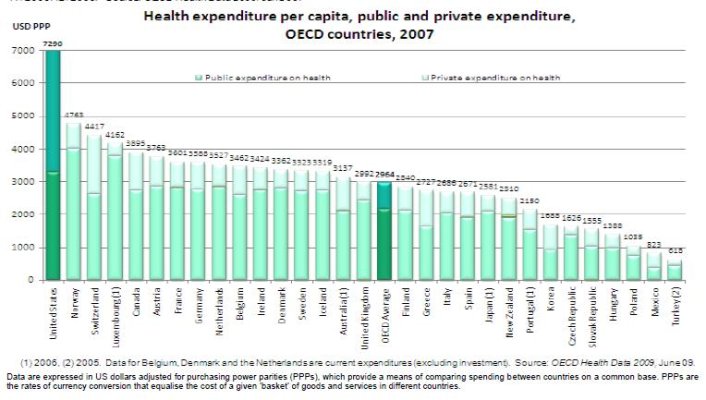explanade
Give me a museum and I'll fill it. (Picasso) Give me a forum ...
- Joined
- May 10, 2008
- Messages
- 7,448
It wasn't tongue in cheek because the poll shows most people here want smaller govt.
But smaller govt. implies cuts to SS and Medicare, two things which presumably a lot of people here rely on for ER planning.
As far as waste in Medicare, how much would the care have cost through private insurance, assuming private insurance would cover the elderly who have preexisting conditions?
Or would the "waste" have been eliminated by not providing care for people of a certain age?
My father just had major surgery. Medicare covered most and he is paying several thousand out of pocket for hospital stay and tests before and after. He has resources but without Medicare, his savings would be destroyed.
He's been paying premiums for supplemental coverage for over a decade. Now if he had had to pay private insurance premiums for that time, before really making claims for a serious condition, would he still have resources?
Or would the insurance company cover the surgery and other associated care?
But smaller govt. implies cuts to SS and Medicare, two things which presumably a lot of people here rely on for ER planning.
As far as waste in Medicare, how much would the care have cost through private insurance, assuming private insurance would cover the elderly who have preexisting conditions?
Or would the "waste" have been eliminated by not providing care for people of a certain age?
My father just had major surgery. Medicare covered most and he is paying several thousand out of pocket for hospital stay and tests before and after. He has resources but without Medicare, his savings would be destroyed.
He's been paying premiums for supplemental coverage for over a decade. Now if he had had to pay private insurance premiums for that time, before really making claims for a serious condition, would he still have resources?
Or would the insurance company cover the surgery and other associated care?



